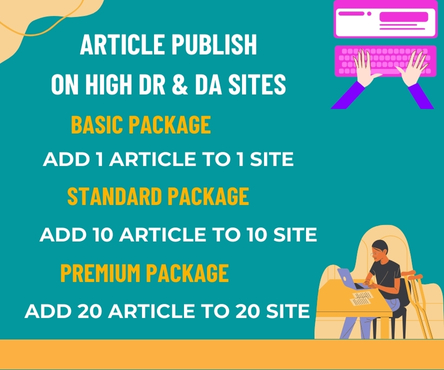Every software development team must have one-on-one meetings. These sessions offer an opportunity for a manager or team lead to speak with specific team members and learn about their progress, difficulties, and objectives. Individual meetings are essential for fostering an environment of open communication and teamwork where team members can flourish.
In this post, we’ll talk about the value of one-on-one meetings in software development and offer advice on how to run productive sessions.
The Value of Private Conversations in Software Development
For a number of reasons, one-on-one sessions are crucial in the software development process. First and foremost, these sessions give managers and team leads a chance to get to know each team member better. To make sure that each team member is working on projects that are appropriate for their abilities and capabilities, it is crucial to have a solid awareness of their strengths and shortcomings.
Second, one-on-one meetings give managers and team leaders a chance to counsel and give feedback to team members. Team members’ abilities and performance can be enhanced with the use of this feedback, which will boost project results.
Third, one-on-one sessions give team members a chance to talk about any difficulties or obstacles they may be encountering. These difficulties could be brought on by the undertaking, the team, or individual problems. To avoid these problems growing into larger ones later on, it is crucial to address them now.
Guidelines for Successful One-on-One Meetings
Set Up Regular Meetings: It’s crucial to have routine one-on-one conversations with each team member. In accordance with the requirements of the team, this can occur weekly, biweekly, or monthly.
Create an Agenda: Create an agenda describing the subjects you wish to cover before each meeting. By doing so, you’ll be able to keep the talk on topic and make sure you’ve covered all the essential aspects.
Actively listen to what the team member is saying during the meeting. Encourage them to express their views and thoughts by asking them open-ended questions.
Feedback: Offer the team member constructive criticism. The goal of this feedback should be to assist the team member in enhancing their performance.
Follow-up: After the meeting, check in with the team member to see whether they’ve resolved any problems or issues that were brought up.
Maintain Confidentiality: Individual meetings have to be a secure environment where team members can express their ideas and worries. Confidentiality must be upheld, and any private information discussed in the meeting should be kept that way.
Individual meetings are crucial to the software development process, to sum up. They offer a platform for managers and team leads to interact with teammates, offer criticism, and handle issues. You may hold productive one-on-one meetings that support your team members’ success and goals by using the advice in this article.

